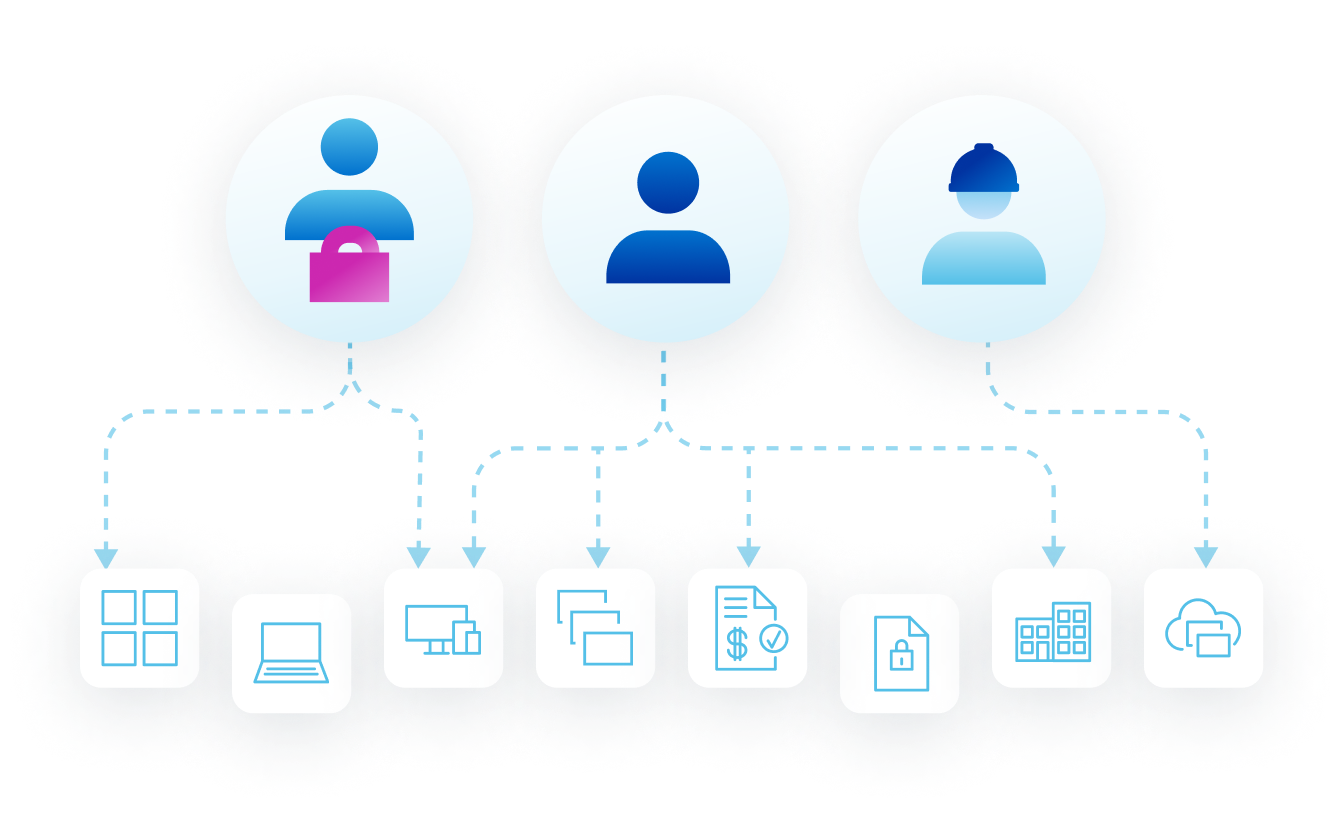Non-Employee Risk Management
Implement comprehensive risk-based identity access strategies for all third-party non-employees (contractors, partners, vendors, etc.), and manage their lifecycles securely.

BUSINESS VALUE
Extended identity security for non-employees
SailPoint Non-Employee Risk Management enables your organization to execute risk-based identity access and lifecycle strategies for third-party non-employees. Increase operational efficiency while managing the complex relationships that your organization has with non-employees in an easy-to-use solution that simultaneously helps facilitate commercial initiatives, supports regulatory compliance, and reduces third-party risk.

Use Cases
Strengthen security & eliminate inefficient processes
Extend advanced identity security controls so you have the same visibility with non-employees as you do employees.
Start a product tour
Not ready to talk to sales?
Explore our AI-driven Identity Security product on your own
Get started
Ready to walk through your use cases?
Discover how Non-Employee Risk Management can close your identity security gap and ensure secure third-party access without compromising productivity or innovation.
